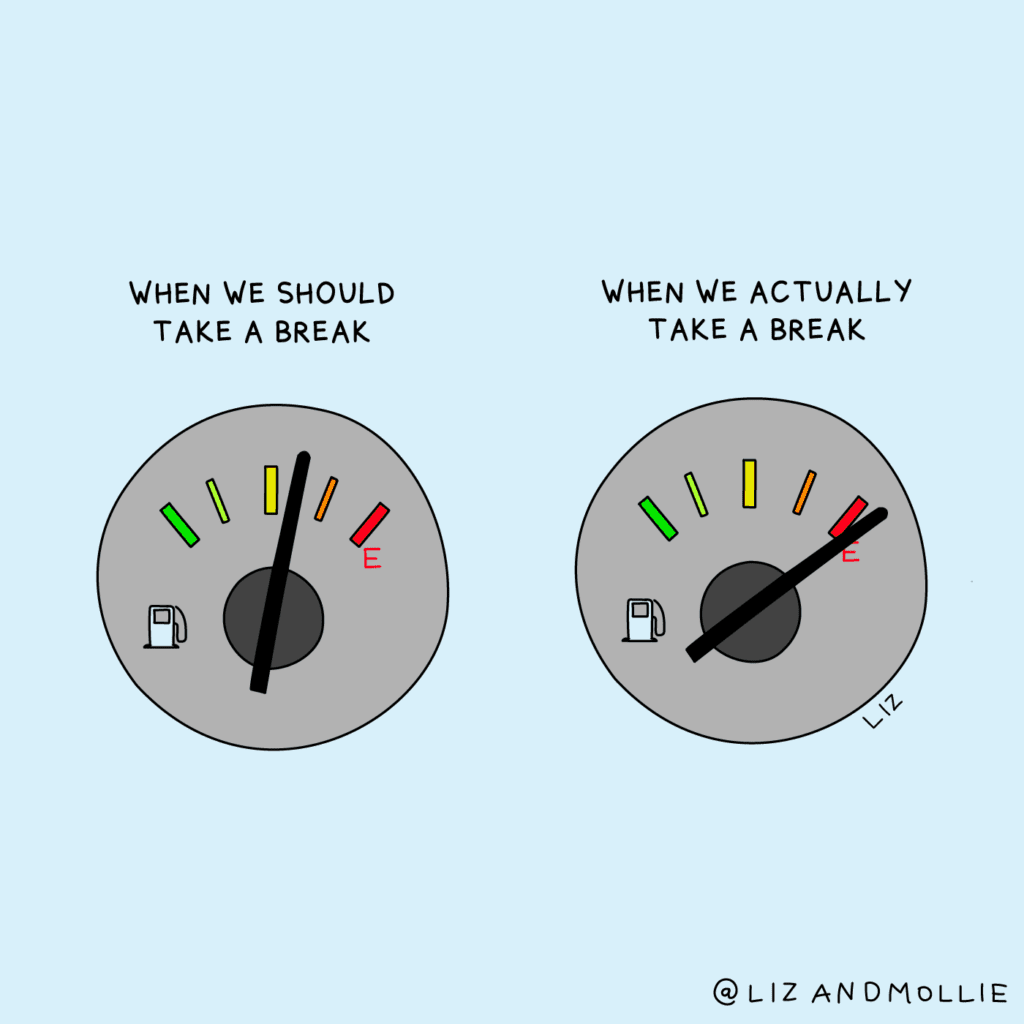A friend I had not seen in a while felt “stuck” in a startup. It’s a feeling I am familiar with: I made 3 suggestions for getting unstuck.
Getting Unstuck Revisited
I had a conversation today with a good friend I had not seen in a while. Normally cheerful, he was feeling “stuck” in his startup
I have started several businesses, tried to start quite a few more, changed direction more often than I ever planned and shut down more than a few–sometimes even before they really got off the ground. I am familiar with a sense of getting stuck, of things not working. It’s hard to discern and harder to admit what is working and what is not. But at some point I had to acknowledge the need for change and tinker with my approach.
I gave him three suggestions that I have worked for me when I find myself stuck:
- “Put one foot in front of the other” for two to three weeks: close out small tasks, don’t look at the big picture but schedule a time to look at it candidly and let your subconscious work on it.
- Find a way to dramatically break the pattern of your day: fast for a day, volunteer somewhere for a day, go along an all day hike, spend a day at a museum or art gallery, etc…It’s not about getting away from the challenge as much as finding a way to get some emotional distance on the constraints you are wrestling with
- Make a list of what you have accomplished in your life and the people you have enjoyed working with. Often when I have a setback I forget what I have done and tend to focus on the things I have screwed up.
I wrote about “Bouncing Back” a few years ago and suggested
Exercise and a break from the computer are both a good idea.
I think you have to reflect on what happened but with some emotional distance.
Remember Thurber’s observation that “humor is emotional chaos remembered in tranquility” and write down your lessons learned once you can laugh about it (at least a little) so that you are not just re-opening wounds.
Some amount of lateral drift (reading books, seeing folks you’ve neglected as your firm was failing, etc..) can also give you perspective on what to do differently next time.
In 2011 I wrote about “Getting Unstuck” that focused on perfectionism and an inability to let go of stalled opportunities to nurture new ones. An excerpt:
Sometimes I don’t want to take the next step because I can’t face the downside: I would rather live with the possibility of an outcome than take the necessary steps to determine if it’s actually going to happen. When I was younger I would sometimes hold off on selling a stock that had dropped because “it’s not a loss until I sell it.”
When I had a business in the mid-90s I was slow to prune my sales funnel of prospects that had stalled, I see this same behavior in clients now. Once you do you realize that you have to generate more leads and that often forces you to explore new options or approaches you have hesitated on because the pipeline looks full.
Perfectionism is a very dangerous trait in a startup founder. Two ways that we address it in both our own operations and in our client engagements is to use wikis and shared calendars. Every draft of a plan or document goes into the wiki from the beginning: everyone’s drafts and progress (or lack of progress) are visible to everyone else on the team. But because we are on the same team we can help each other out. Sharing calendars and work in progress gives team members permission to help with phone calls and meetings you are avoiding scheduling.
Related Blog Posts
- Getting Unstuck
- Bouncing Back
- More Unsolicited Advice From David Cain Cain identifies four common causes of procrastination: “I’ll do it tomorrow”, “I’ll do it later”,”This is cool–even if it’s not what I set out to get done”, and “I realized I am not good enough to be able to do what I set out to do.”
- Eleven Tips From Lynnea Hagen on Getting Unstuck
- Q: Help I Feel Stuck in Low Gear
- Perfectionism vs. Mastery
Image Credit @LizAndMollie https://www.lizandmollie.com


Pingback: Quotes for Entrepreneurs Collected in November 2020 - SKMurphy, Inc.